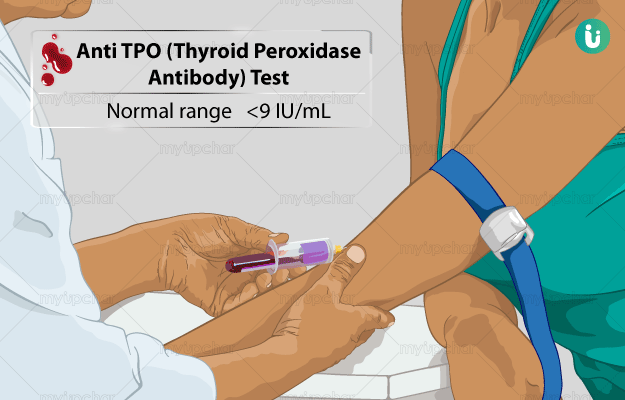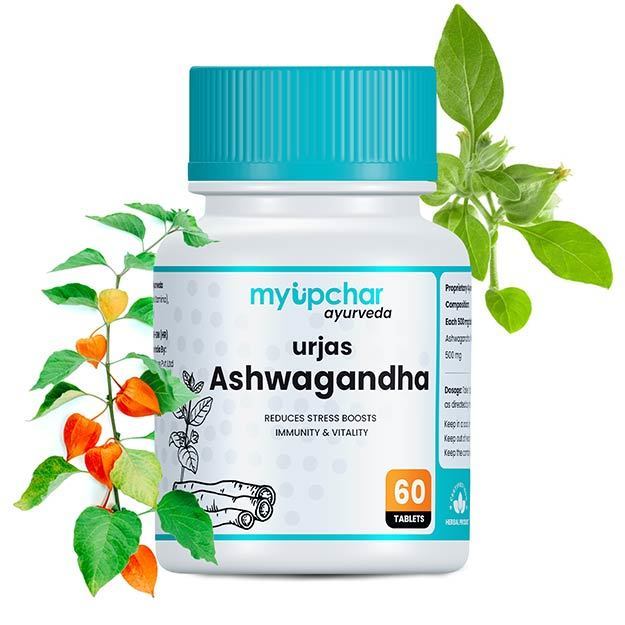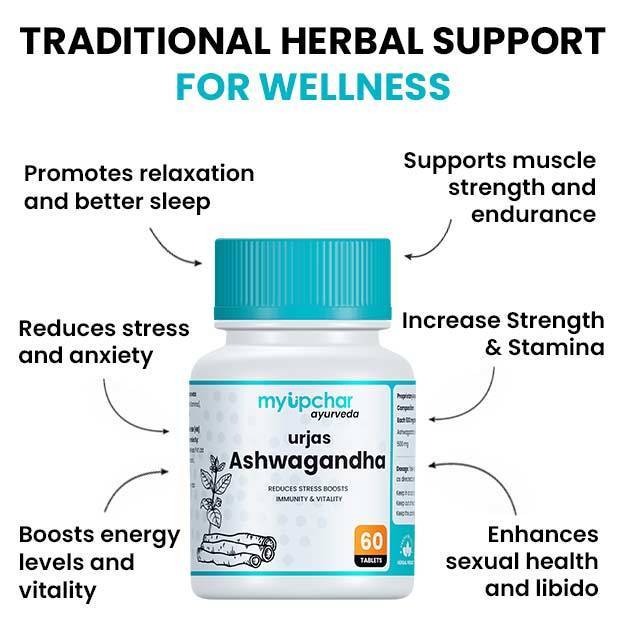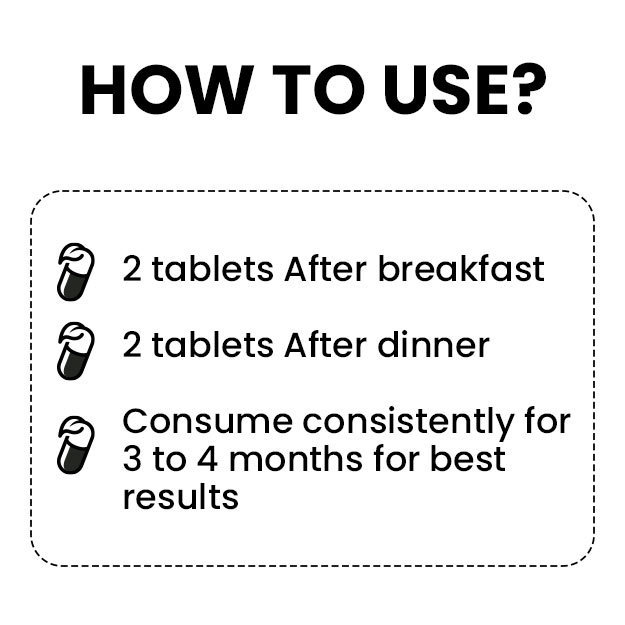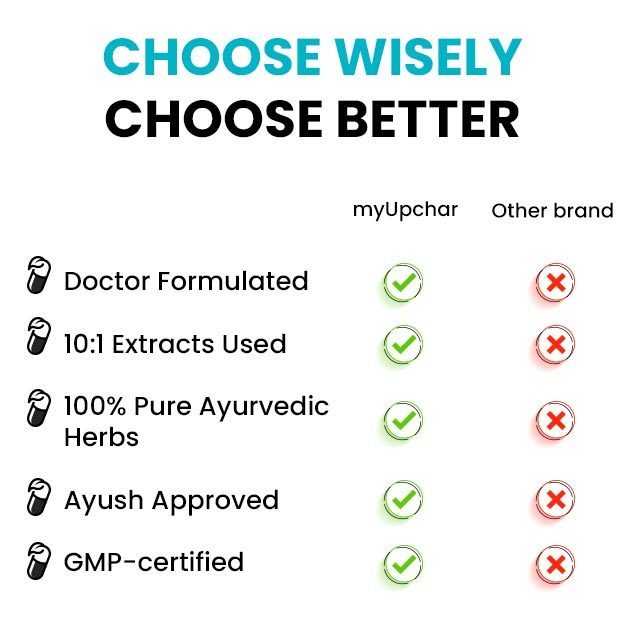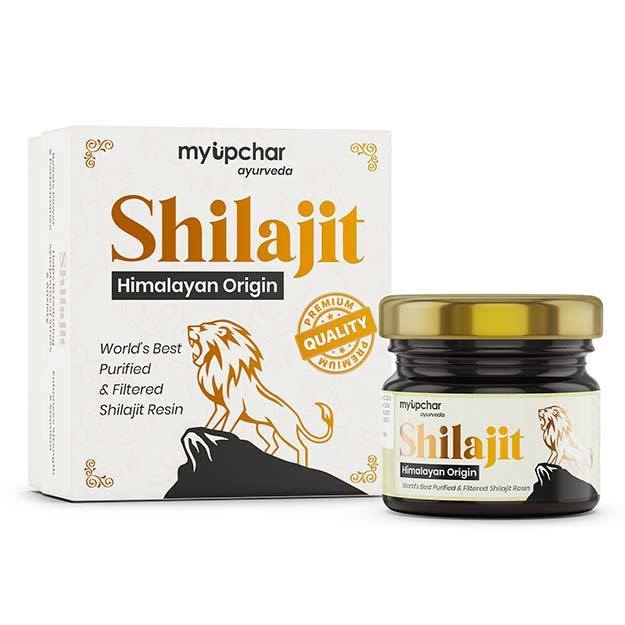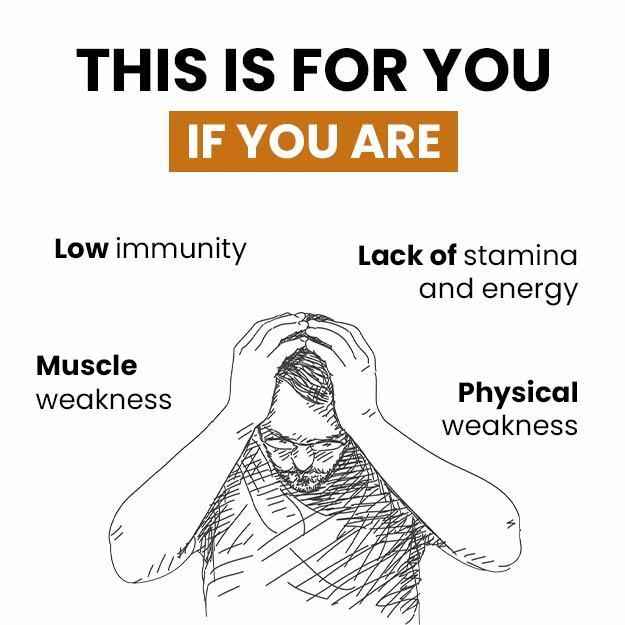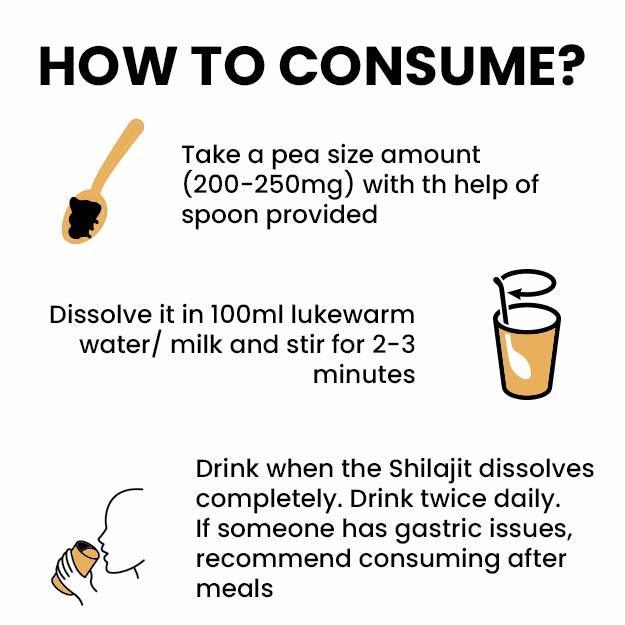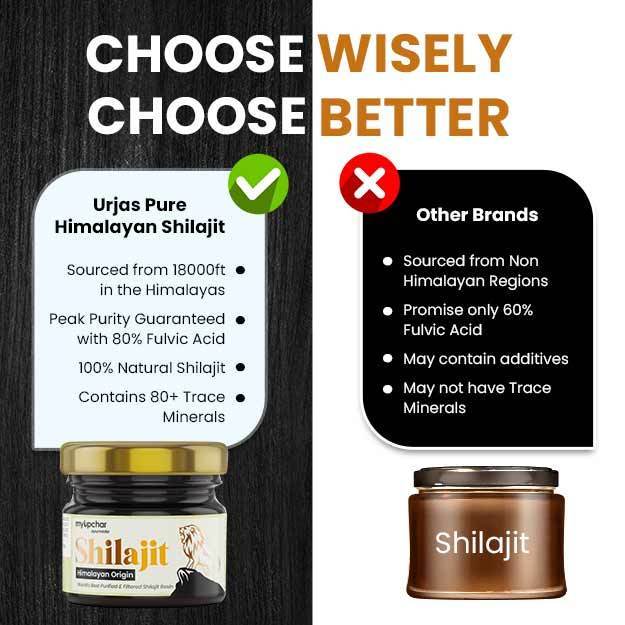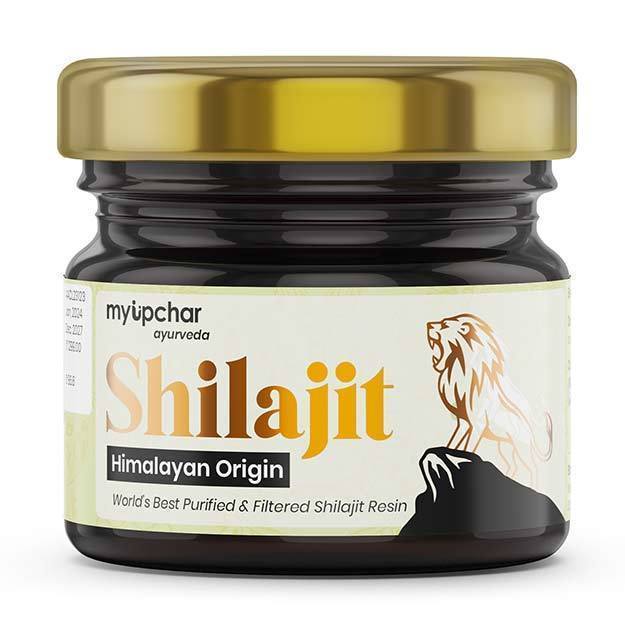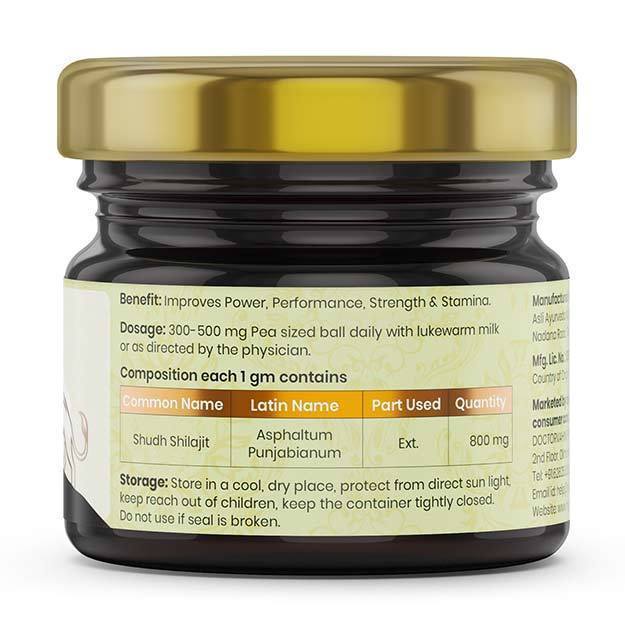What is an Anti-Thyroid Peroxidase (TPO) test?
Thyroid peroxidase or TPO is an enzyme that is produced in the thyroid gland, a small, butterfly-shaped gland just above your collarbone. This enzyme controls the production of thyroid hormones (T3 and T4), which, in turn, play a major role in various metabolic functions in the body.
Anti-TPO peroxidase test helps detect antibodies against thyroid peroxidase, which lead to thyroid dysfunction and conditions such as hypothyroidism.
It is the most sensitive test for identifying autoimmune thyroid disorders and helps in detecting various diseases, such as Hashimoto thyroiditis, idiopathic myxoedema and Grave’s disease.
The highest TPO antibodies levels are seen in Hashimoto thyroiditis that is about 90 %, which confirms that it was caused by an autoimmune reaction. In Grave’s disease, about 60-80% of antibodies can be seen.
The test is also known as thyroid peroxidase antibody, thyroperoxidase antibody, anti-TPO or TPO test.

